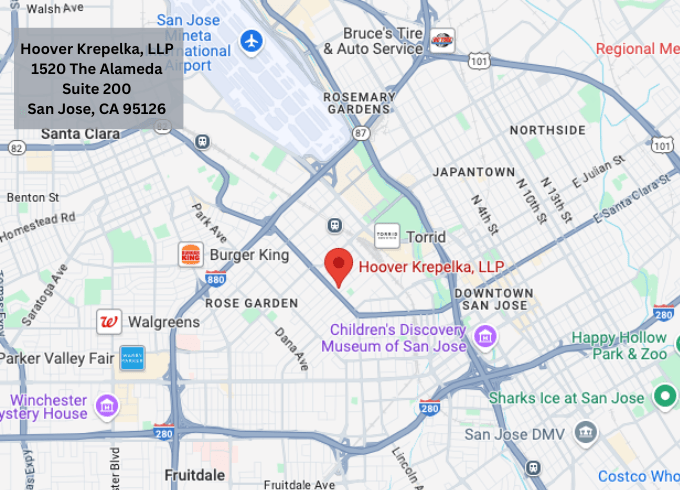Disputes pertaining to property division in divorces are bound to arise. Because California is a community property state, any assets acquired during the marriage equally belong to both divorcing spouses.
The couple can try to work things out on their own. However, in many high-net-worth divorces, animosity makes this difficult to do. That’s when divorcing couples must rely on the California Court system to oversee the division of property that was purchased during the marriage.
Should we sell or share the vacation property?
When both parties are adamant about wanting the marital home or family vacation home, there are several ways to approach this issue:
- Sell the property and split the proceeds. Once the vacation home is sold and outstanding bills are paid off, the remaining proceeds will be split between both parties.
- Share the property. Both parties must agree to a schedule that gives each of them equal time in the vacation home. They both will be responsible for any maintenance and expenses that arise pertaining to the property.
- Equally split the homes. If you have two homes, this allows one spouse to keep the vacation home and the other spouse to keep the family residence.
- One spouse buys out the other. In this case, one spouse gives up their share of the vacation home and is paid the difference from the spouse who wishes to keep the property.
Once decisions are made, the divorcing couple signs an agreement outlining their plan for the vacation home. They must then file the agreement with the court.
Divorces are often messy and emotional, and the divorcing couple may not be able to make fair and equal decisions together. An experienced legal guide can help to ensure that jointly-owned property is fairly divided. That kind of guidance can also protect your future financial interests. Contact us today by filling out the form below.
Contact Us
"*" indicates required fields







